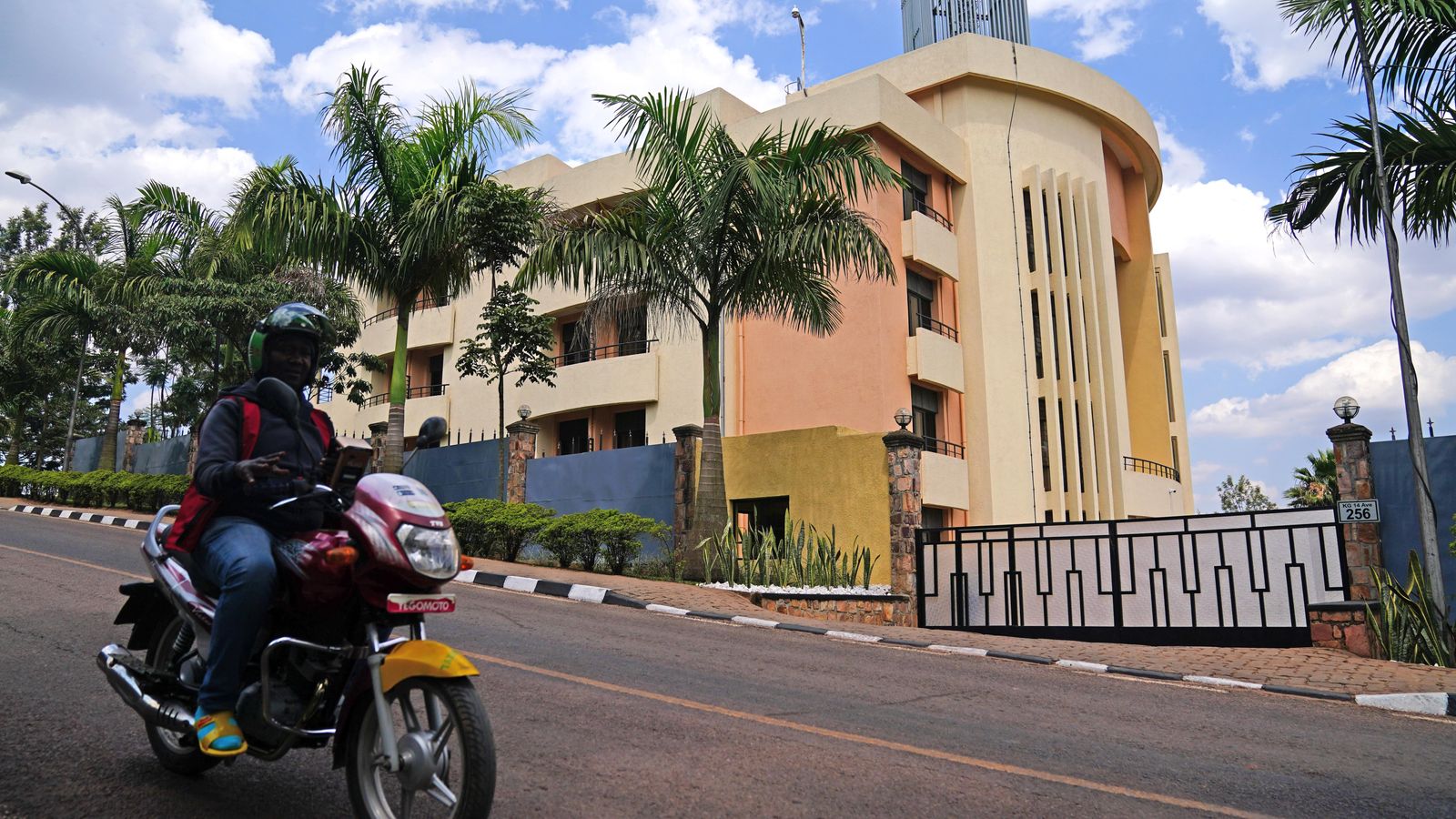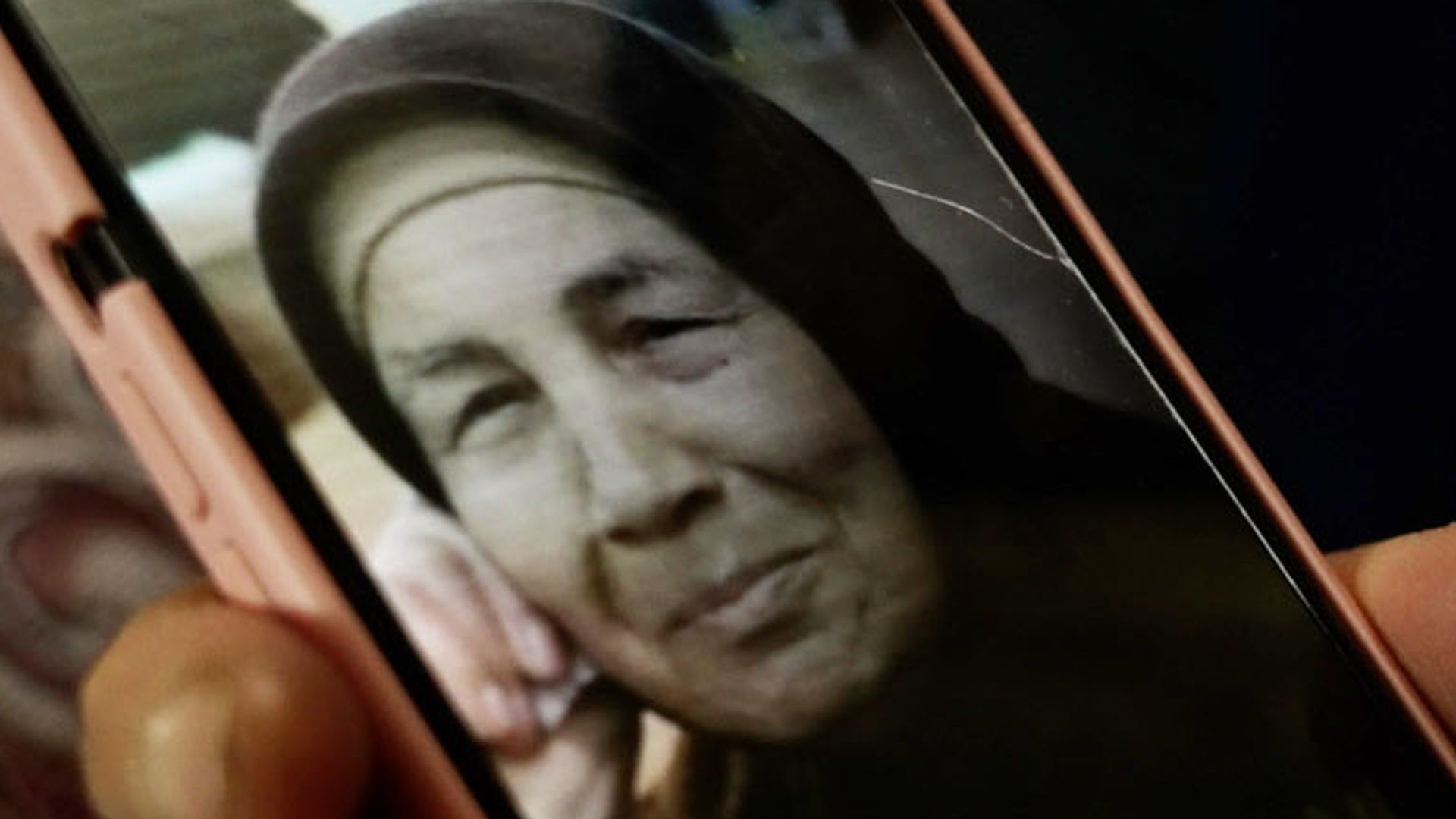Rishi Sunak’s pledge to “stop the boats” has hit a major stumbling block after the Supreme Court ruled the government’s policy of sending migrants to Rwanda is unlawful.
Five of the UK’s most senior justices ruled the scheme could not go ahead as is, citing a long list of concerns with Rwanda.
Here, Sky News looks at what the prime minister’s Rwanda asylum seeker flight plan entailed, whether Rwanda is dangerous for migrants and what the government will look to do next.
What is the Rwanda asylum plan?
Facing a growing number of people from around the world crossing the English Channel from France to Britain in small boats, then prime minister Boris Johnson’s government announced a plan in April 2020 to send asylum seekers arriving in the UK as stowaways or in boats to Rwanda.
A deal with the East African nation was eventually struck by Mr Johnson in April 2022, where people sent to Rwanda would have their claims processed in the country and, if successful, would stay there.
But human rights groups, refugee charities and critics have argued the plan is unworkable and said it is unethical to send migrants to a country they do not want to live in some 4,000 miles (6,400km) away.
What did the Supreme Court say?
The Supreme Court judgment highlighted a series of grave concerns about Rwanda it said would need addressing before it could consider the policy lawful.
In their unanimous verdict the five judges said “the removal of the claimants to Rwanda would expose them to a real risk of ill-treatment” because they could be sent back to the home countries they had fled.
The judges said there was evidence of a culture in Rwanda that misunderstood its obligations under the Refugee Convention and evidence was presented showing Kigali had a “poor human rights record”.
Concerns were also raised about political and media freedom, as well as the inability of the Rwandan courts to act independently of the government.
Evidence from the United Nations’ refugee agency – the UNHCR – cited Rwanda’s 100% rate of rejecting claims from countries in conflict zones such as Syria, Yemen and Afghanistan, despite UK authorities often finding such claims are “well-founded”.
The agency also presented evidence of more than 100 cases of “refoulement” – the process of returning refugees to their origin countries – which have taken place after the UK agreed its deal with Rwanda.
Read more:
Blocked Rwanda scheme ‘already having effect’, home secretary claims
Asylum seekers react to ruling
Please use Chrome browser for a more accessible video player
What have charities said?
Campaigners welcomed the Supreme Court verdict, with the Freedom From Torture charity hailing it as a “victory for reason and compassion”.
Steve Smith, chief executive of the Care4Calais refugee charity, said: “The Supreme Court’s judgment is a victory for humanity. Today’s judgment should bring this shameful mark on the UK’s history to a close.”
Be the first to get Breaking News
Install the Sky News app for free
What will the government do next?
The prime minister has pinned his hopes on soothing the court’s concerns by agreeing a new legally binding deal with Rwanda, which could prevent Kigali from sending failed claimants to any other country.
Mr Sunak said the treaty would commit the UK to “bring back anyone if ordered to do so by a court,” meaning some migrants sent to Kigali could then be returned to the UK.
He said he would go further to reduce the chances of a court blocking the new treaty by bringing forward emergency legislation to ask Parliament to confirm it believes Rwanda is a “safe” country.
Mr Sunak has faced calls from the Tory right to pull the UK out of the European Convention on Human Rights (ECHR) and has said he was “prepared to change our laws and revisit those international relationships” if they were still “frustrating” his plans.
But James Cleverly, his new foreign secretary, told the Commons he did not believe disregarding the ECHR or Refugee Convention was necessary, pointing out that Wednesday’s judgment was not contingent on the ECHR’s position.
Read more:
Everything you need to know about what Rishi Sunak could do next
Please use Chrome browser for a more accessible video player
Have other countries tried similar policies?
As much of Europe and the US struggles with how best to cope with migrants fleeing war, violence, oppression and natural disasters exacerbated by climate change, some countries have tried to move their processing of asylum seekers abroad.
Australia has operated an asylum-processing centre on the Pacific island nation of Nauru since 2012.
Meanwhile from 2013 to 2018 Israel had a deal with Rwanda to deport people from Africa – until Israel’s supreme court declared it unlawful.
Discussions on a similar arrangement between Denmark and Rwanda have thus far been unsuccessful.
Italy recently reached a deal with Albania for the Balkan country to temporarily house and process some of the thousands of migrants who reach Italian shores, though successful asylum-seekers would be allowed to start new lives in Italy rather than Albania.
Rwanda has said it is ready to receive migrants from the UK and has plans to build more than 1,000 houses, including recreational facilities, for the deportees.
Mr Sunak has said ministers are “working extremely hard to make sure that we can get a plane off as planned in the spring,” but has repeatedly refused to commit to saying the first flight would take place before the next general election – which is expected within a year.











